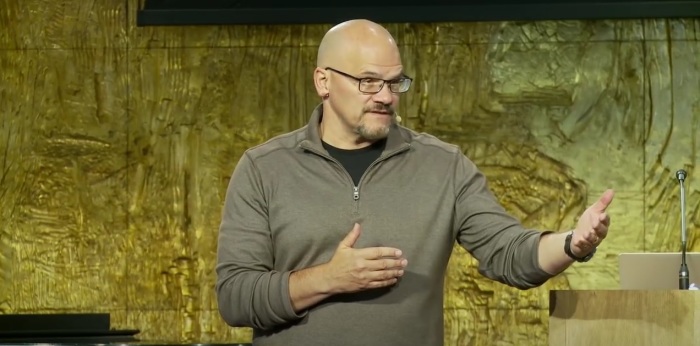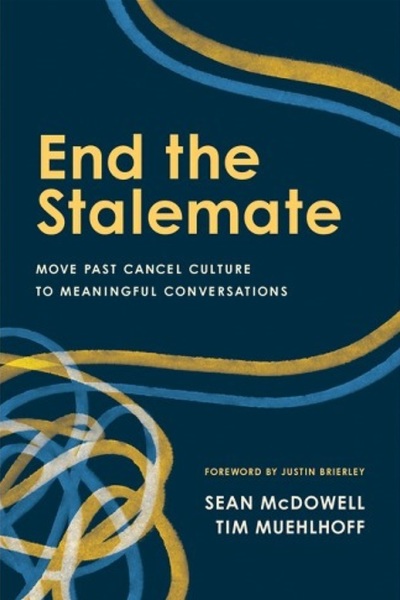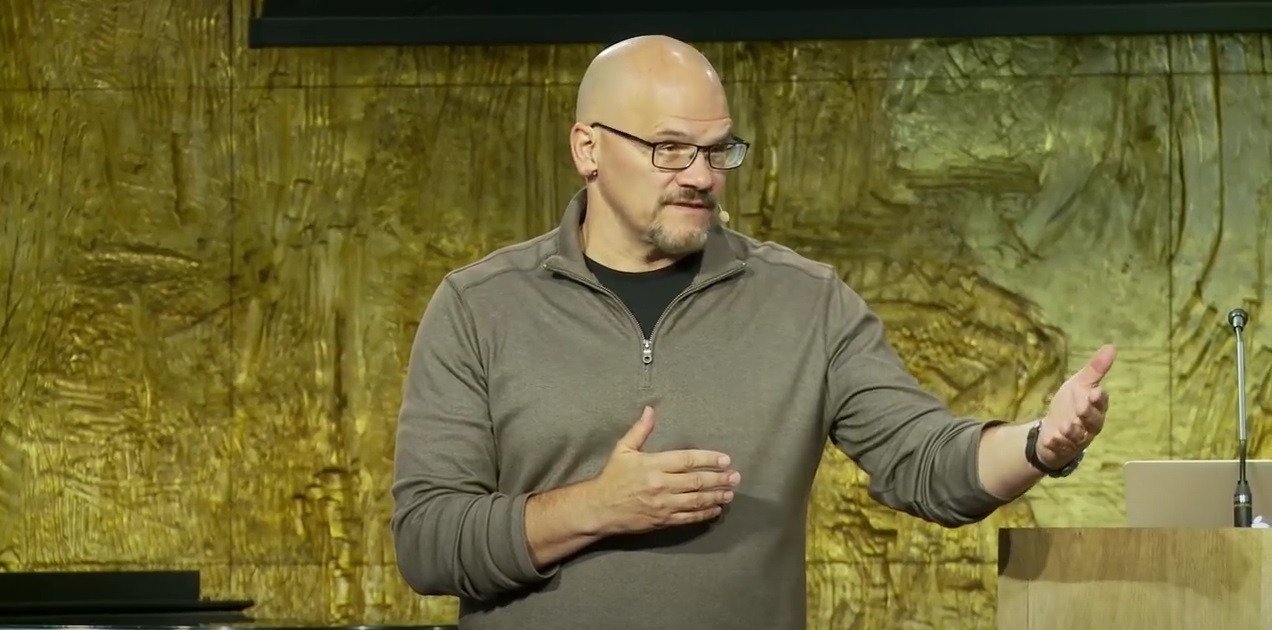
Timothy Muehlhoff, a communications professor at Biola University, believes there is an “exhausted majority” in the United States that seeks unity and civility in political disagreements.
Muehlhoff, along with noted Christian apologist Sean McDowell, co-authored the book End the Stalemate: Move Past Cancel Culture to Meaningful Conversations, which was released earlier this year.
In the book’s introduction, Muehlhoff discussed how academics “have identified an exhausted majority who are tired of canceling or shouting down each other.” He wrote that this group “wants to find productive ways to engage that don’t ignore differences but rather seek to address them with charity.”
In an interview with The Christian Post on Wednesday, Muehlhoff said that while this “exhausted majority” is already “awakened,” they lack “a platform.”
“I think the majority of us are sick of this communications spiral, but we just don’t get the press,” Muehlhoff said. “Unity is not nearly as attractive to news outlets as division.”
Muehlhoff, who oversees the podcast Winsome Conviction, highlighted a segment called “people doing it right,” which spotlights individuals and communities coming together to discuss political and religious differences.
“We just don’t hear the stories today of the really good things that are happening,” he added.
Transmission and ritual

Muehlhoff and McDowell wrote End the Stalemate to encourage civil discourse and disagreement among Americans on contentious topics like religion and politics.
Muehlhoff, a communications professor, focused the chapters he wrote on the nature of communication and conflict resolution. In an interview with The Christian Post (CP), he explained that there are “two broad definitions of communication.”
The first, known as “transmission,” involves sharing facts, reasons, and arguments for one’s beliefs. The second, called “ritual,” centers on commonly held views and ideas, focusing on what unites people and builds a sense of community.
“The ritual view isn’t opposed to sharing facts and arguments but believes those points of connection have to happen first,” Muehlhoff told CP. “I think, as a country, we’re losing that, we’re losing the reminder of what brings us together even in our differences.”
In both the book and his interview, Muehlhoff emphasized the importance of understanding how people with different worldviews come to hold their beliefs. He referenced the concept of “bricolage,” a term from anthropology that explores how communities piece together their worldviews, which he believes is applicable to the modern American individual.
“How did you arrive at your beliefs?” Muehlhoff asked. “Who were the influential people that have informed your thinking about this issue?”
He suggested that people reflect on their personal “Mount Rushmore” — those individuals who have most influenced their views on politics, immigration, race, sexuality and finances. “It’s kind of cool to sit back and listen to a person’s Mount Rushmore,” he said.
Muehlhoff warned against the tendency to isolate oneself from opposing ideas by creating “thought bubbles,” where people only interact with like-minded individuals and media that reinforce their beliefs.
“I read the news programs that support what I believe in, I talk to friends who believe mostly what I believe. And so, I develop this bias,” he told CP.
“As soon as I hear information that runs counter to what I believe, my propensity is to discount it. I don’t give it a fair shake. This happens even if I hear the information. Most of us, to be honest, we’re in these thought bubbles, and no counter information gets through.”
Theory and practice
Ultimately, Muehlhoff hopes End the Stalemate will inspire readers to not only embrace the ideas of civility and listening but also to actively practice them in dialogue with others.
“We need not just theory, but we need people to actually put the theory into practice,” Muehlhoff said. “These concepts are great, but you’ve got to practice the concepts.”
Drawing from his martial arts training, Muehlhoff explained the importance of application. “It is one thing to learn something, like how to block, but then we actually spar. You get in there and try this with a person who is using their technique.”
Muehlhoff emphasized that the same applies to Christian concepts such as listening, neighbor-love, perspective-taking, empathy and bricolage.
“You’ve actually got to practice it,” he said.







